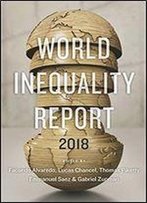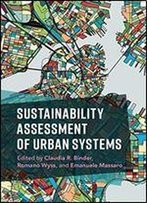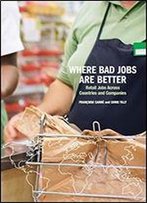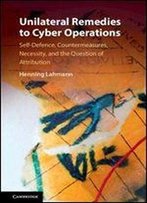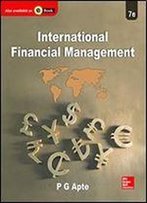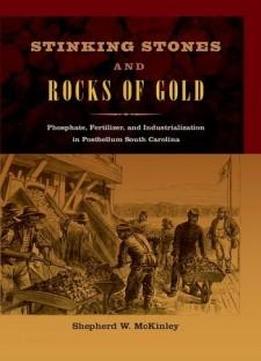
Stinking Stones And Rocks Of Gold: Phosphate, Fertilizer, And Industrialization In Postbellum South Carolina (new Perspectives On The History Of The South)
by Shepherd W. Mckinley /
2014 / English / PDF
4.4 MB Download
“A finely layered and important study that fills in gaps in the
industrial history of the New South and especially low-country
South Carolina.”—Sidney Bland, author of
“A finely layered and important study that fills in gaps in the
industrial history of the New South and especially low-country
South Carolina.”—Sidney Bland, author ofPreserving
Charleston's Past, Shaping Its Future: The Life and Times of
Susan Pringle Frost
Preserving
Charleston's Past, Shaping Its Future: The Life and Times of
Susan Pringle Frost
“Skillfully blurs the old, comfortable line between Old and New
South economies and paints a nuanced picture of the new labor
relations in the post-slavery era.”—Charles Holden, author of
“Skillfully blurs the old, comfortable line between Old and New
South economies and paints a nuanced picture of the new labor
relations in the post-slavery era.”—Charles Holden, author ofIn the Great Maelstrom
In the Great Maelstrom
In the first book ever written about the impact of phosphate
mining on the South Carolina plantation economy, Shepherd
McKinley explains how the convergence of the phosphate and
fertilizer industries carried long-term impacts for America and
the South.
In the first book ever written about the impact of phosphate
mining on the South Carolina plantation economy, Shepherd
McKinley explains how the convergence of the phosphate and
fertilizer industries carried long-term impacts for America and
the South.
Fueling the rapid growth of lowcountry fertilizer companies,
phosphate mining provided elite plantation owners a way to stem
losses from emancipation. At the same time, mining created an
autonomous alternative to sharecropping, enabling freed people
to extract housing and labor concessions.
Fueling the rapid growth of lowcountry fertilizer companies,
phosphate mining provided elite plantation owners a way to stem
losses from emancipation. At the same time, mining created an
autonomous alternative to sharecropping, enabling freed people
to extract housing and labor concessions.
Stinking Stones and Rocks of Gold
Stinking Stones and Rocks of Gold develops an overarching
view of what can be considered one of many key factors in the
birth of southern industry. This top-down, bottom-up history
(business, labor, social, and economic) analyzes an alternative
path for all peoples in the post-emancipation South.
develops an overarching
view of what can be considered one of many key factors in the
birth of southern industry. This top-down, bottom-up history
(business, labor, social, and economic) analyzes an alternative
path for all peoples in the post-emancipation South.

